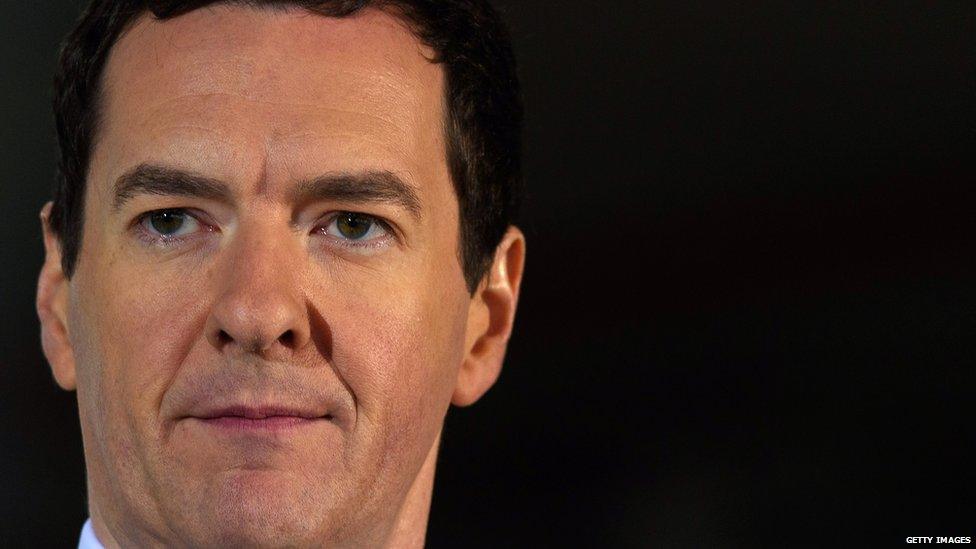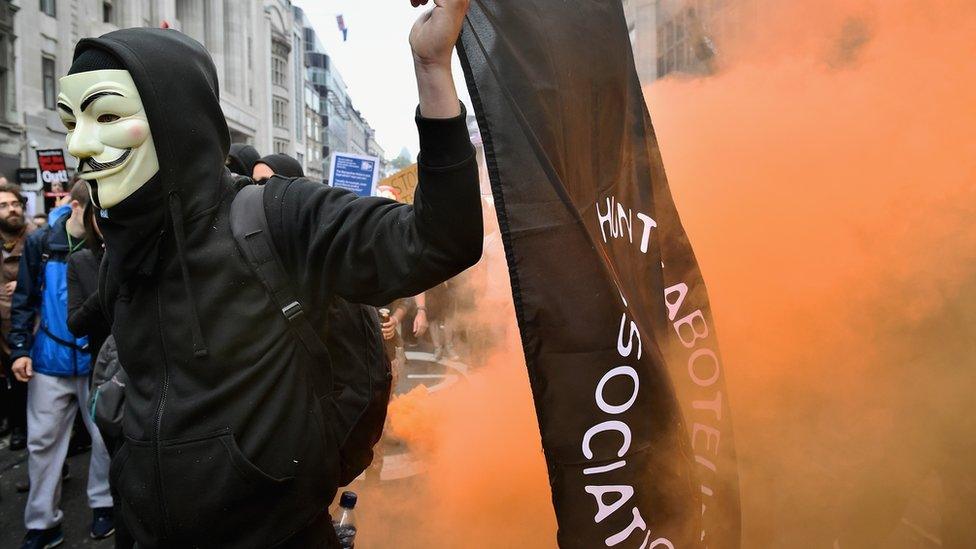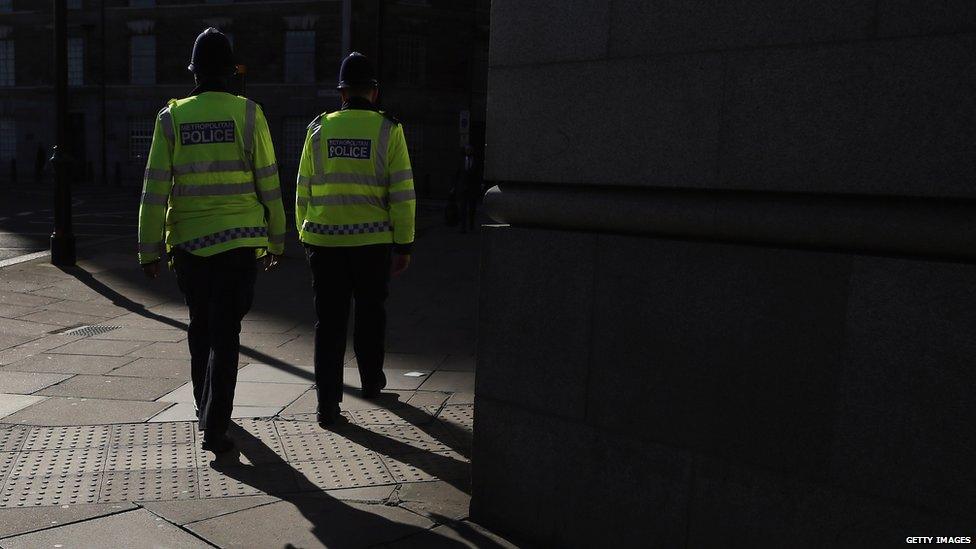Spending review: This is why the UK is still seeing cuts
- Published

Another big speech from Chancellor George Osborne has happened today. That means another list of "difficult" decisions to help save money.
This is all feels very familiar doesn't it?
Whether you think they're outrageous cuts or necessary savings the bottom line is the government is once again setting out ways to save money.
Today is the Spending Review where we find out how taxpayers' money will be spent between now and 2020.
It's more than five years since George Osborne delivered his first budget and his first list of those "difficult" decisions - so you might be wondering why the country is still trying to save money.
We've looked at the three main reasons.

George Osborne wants to get rid of the UK's deficit within five years
The deficit
This is the word that dominates nearly every financial decision in UK politics.
The deficit is the gap between what the government spends and what it earns in taxes.
Despite efforts to reduce it over the years, it still runs into tens of billions of pounds.
Due to the government spending more than it earns, it has to borrow from the international money markets, which adds to the country's overall debt.
George Osborne wants to get the UK's debts down and get rid of the deficit by 2019-20.
To make that happen, his plan is to cut back what the government spends. It's taken longer than he expected.
Back in 2010 he made a promise to eliminate the deficit by 2015.

Savings to some, cuts to others: An anti-austerity protester in London in June
Low pay = low taxes
Instead of borrowing money, the ideal way for the government to pay for things like schools and hospitals is through our taxes.
However, after the financial crash of 2008 the economy has made a very gradual recovery.
Many people may have found themselves back in work, but plenty of those jobs have been low-paid.
It means what people have been paying in income tax and National Insurance has been less than what George Osborne may have hoped for down the years.

Policing budgets face further cuts
Some areas are off limits
When George Osborne looks for different ways to cut back on government spending, there are some areas he refuses to touch.
They are health, schools, international aid and defence.
That means other departments take a bigger hit.
For example, the Home Office will have its budget reduced, which could have a knock-on effect for policing.
Welfare spending will also take a big hit - the Treasury wants £12bn in cuts to welfare spending by 2018-19.
For more stories like this one you can now download the BBC Newsbeat app straight to your device. For iOS go here, external. For Android go here, external.